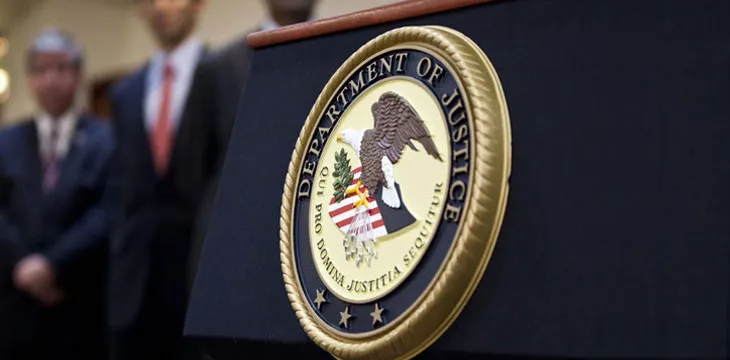|
Getting your Trinity Audio player ready...
|
In 2004, a group of entrepreneurs and coders decided to launch a site that would give Craigslist a run for its money. The categories were virtually identical, although the site’s design was different. People could use Backpage.com to sell unwanted items, look for work, find employees or, what became the site’s main attraction, have sex. Now, the U.S. Department of Justice (DOJ) has dropped the hammer on the site, accusing it of being a global player in prostitution-related activity.
The DOJ seized the site last Friday, and followed up by arresting seven individuals. They face charges in a 93-count indictment that includes conspiracy to facilitate prostitution, facilitating child pornography and money laundering. In announcing the arrests and seizure, U.S. Attorney General Jeff Sessions said, “For far too long, Backpage.com existed as the dominant marketplace for illicit commercial sex, a place where sex traffickers frequently advertised children and adults alike. But this illegality stops right now.”
According to the DOJ, Backpage earned about $500 million in prostitution and illicit activity ads since it launched in 2004. Due to the shady nature of the company, credit card companies such as Visa and MasterCard stopped authorizing payments to the site, forcing it to begin a range of money-laundering activities to convert customer funds.
According to Don Fort, chief of the Internal Revenue Service’s (IRS) Criminal Investigation unit, the people behind Backpage not only “committed egregious amounts of financial crimes such as money laundering, they did so at the expense of innocent women and children.”
This is not the first time that Backpage has found itself under attack by U.S. authorities. In 2016, Carl Ferrer, the company’s CEO, was arrested and the site was temporarily shut down. Everything dropped, however, after a court determined that the site operated under the protection of the First Amendment relating to free speech. Whether or not the charges will be dropped again remains to be seen.

 07-12-2025
07-12-2025 





